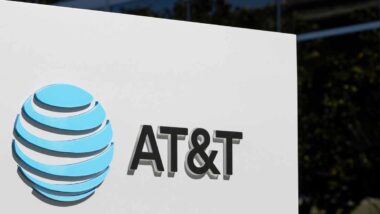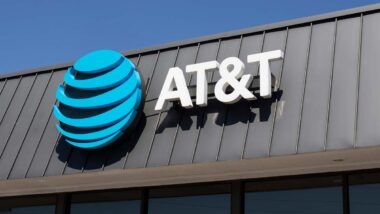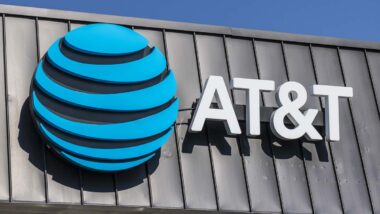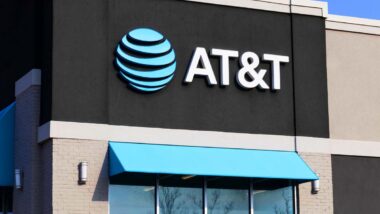 In a recent Telephone Consumer Protection Act (TCPA) class action lawsuit, AT&T Corporation is facing allegations of using an automated dialing system to send unwanted cellphone calls to consumers.
In a recent Telephone Consumer Protection Act (TCPA) class action lawsuit, AT&T Corporation is facing allegations of using an automated dialing system to send unwanted cellphone calls to consumers.
The company is urging New York federal court to use arbitration to help settle the case, stating that the lead plaintiff agreed to the notion in a customer agreement with a wireless affiliate.
Plaintiff Eve W. was a customer of AT&T Motility and had a cell phone contract with the company, and agreed under the terms and condition of the service contract during that time to resolve all disputes and claims with arbitration. Once her contract ended, she had month-to-month service with AT&T Motility (an AT&T Corp. affiliate).
Essentially, the company argues that the plaintiff’s claim falls into the scope of the arbitration section of the contract, which would most likely resolve the legal matter in AT&T’s favor. However, Eve objected to this motion, denying that she had even agreed to AT&T’s arbitration agreement to begin with.
However, AT&T’s records indicate that the plaintiff, or a representative of the plaintiff, had signed the agreement and she was advised that this contract had been updated in 2009.
Eve alleges in her TCPA class action lawsuit that an affiliate of AT&T had made several unwanted calls to her cellphone, with the caller asking to speak to someone she did not know to update that person’s U-Verse TV Service, a service she never signed up for.
Overview of TCPA Allegations
After receiving several unwanted cell phone calls, Eve filed a TCPA class action lawsuit against AT&T, alleging that the company called her number using an automatic telephone dialing system.
It is important to note that Eve is no longer under AT&T cellphone service contract, but she still continues to receive month-to-month service from the defendant. This means that while the plaintiff’s commitment to the service is expired, the service agreement is still active.
Armed with this information, AT&T is attempting to quickly resolve this matter, using the arbitration clause in the plaintiff’s contract. The defendant noted that the U.S. Supreme Court, and most courts nationwide, has upheld similar class action waivers under the Federal Arbitration Act.
Despite the fact that the plaintiff’s contract with AT&T is expired, the defendant stated that this would not exempt her from arbitration. In fact, the arbitration clause specifically states that this clause goes beyond termination of service agreement, and may apply to future claims.
In reply to AT&T’s arbitration motion, Eve argued that the company is trying to obscure the service relationship she has with AT&T, stating that the relevant contact had expired before she alleged TCPA violations.
Furthermore, her arbitration clause only applies to her contract with AT&T, not their affiliates. Eve claims that the defendant failed to provide sufficient proof that she was properly notified, or that she agreed to, the arbitration provisions of her AT&T contract.
In her TCPA lawsuit, Eve is seeking represent a nationwide class of consumers who have suffered unwanted phone calls and text messages from AT&T.
She alleges that the company used an automated dialing system for each of these calls, and is seeking damages for each TCPA violation. While TCPA violations can vary in fees, lawyers warn that unintentional TCPA violations can be $500 per charge, while willful violation can be as high as $1500 per charge.
The AT&T TCPA Class Action Lawsuit is Wexler et al. v. AT&T Corp., Case No. 1:15-cv-00686, in the U.S. District Court for the Eastern District of New York.
Join a Free TCPA Class Action Lawsuit Investigation
If you were contacted on your cell phone by a company via an unsolicited text message (text spam) or prerecorded voice message (robocall), you may be eligible for compensation under the Telephone Consumer Protection Act.
ATTORNEY ADVERTISING
Top Class Actions is a Proud Member of the American Bar Association
LEGAL INFORMATION IS NOT LEGAL ADVICE
Top Class Actions Legal Statement
©2008 – 2025 Top Class Actions® LLC
Various Trademarks held by their respective owners
This website is not intended for viewing or usage by European Union citizens.















One thought on AT&T Tries to Dodge TCPA Lawsuit with Arbitration Clause
Add me please